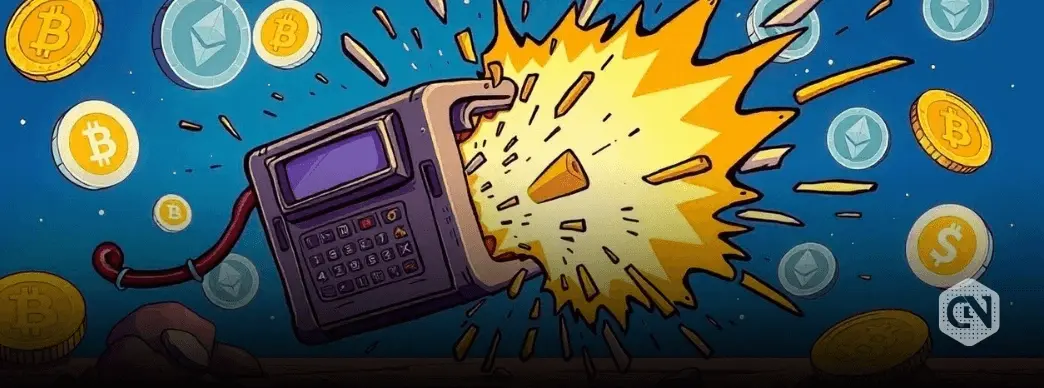The use of pagers and walkie-talkies in the back-to-back coordinated terrorist attacks in Lebanon has raised concerns about the security of global supply networks. There are worries about their vulnerability to tampering by governments or other parties.
Lebanon explosions shock the world
The use of thousands of electronic devices in the apparent attacks has raised the possibility that everyday communications equipment will be weaponized in the future. These attacks are widely believed to have been orchestrated by Israel as part of an operation targeting Lebanon’s armed group Hezbollah.
Tech companies have seen the attacks as a powerful reminder of the importance of securing their supply chains. On the other hand, the general public’s trust in technology has taken a hit, and the tech industry and supply chain are in trouble.
Mariarosaria Taddeo, a professor of digital ethics and defense technologies at the University of Oxford, argues the attacks set a concerning precedent as they involved interference with the supply chain “not for a specific act of sabotage but for a distributed highly impactful attack.”
Taddeo told Aljazeera, “This scenario has been considered by experts but less so by state actors. If something good comes out of them, this is going to a public debate on control of the supply chain, strategic autonomy over digital assets, and digital sovereignty.”
With the advent of Bitcoin, Satoshi Nakamoto tapped into cryptography and blockchain to launch a currency far from the reach of governments. The coin also had zero middlemen. It was and still is a clear transaction path between a buyer and a seller.
Consenys says blockchain technology improves supply chain transparency through process tracking, regulatory compliance, and reporting.
Replacing the traditional processes with distributed ledger technology could increase trade volume by 15% and U.S. GDP by up to 5%.
Blockchain allows for the tracking of any digital or physical product throughout its lifecycle. Distributed ledger technology has the potential to expand the sustainable and ethical production and consumption of any commodity on a global scale.
Crypto tracking through the blockchain is a 21st-century life hack. Governments, military arms, and individuals could make good use of blockchain tech.
